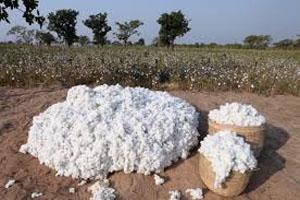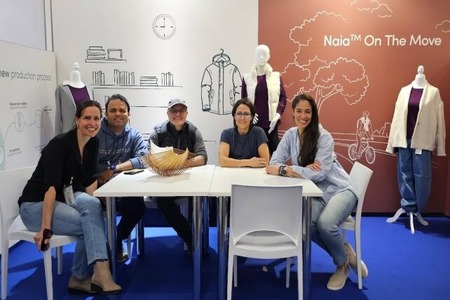
Brazil backs revival of cotton growth in East Africa
YarnsandFibers News Bureau 2017-07-13 17:00:00 – AfricaThe Brazilian government has embarked on a cooperation initiative in the East African region to help boost cotton production by improving the techniques of cotton farming and through training professionals.
Assistance to cotton farmers with the availability of better cotton varieties, irrigation projects, and transparent pricing will boost cotton production in African countries.
Brazilian experts will pass on knowledge in rural extension to small-scale farmers and will evaluate the structure of the local cotton production chain.
Cotton Victoria Project, a partnership between Brazilian Cooperation Agency (ABC), Brazilian Cotton Institute (IBA), Federal University of Lavras (UFLA), Brazil, Tanzania, Kenya and Burundi, will boost cotton production in East Africa,
The project will increase the competitiveness of the cotton sector in Tanzania, Kenya and Burundi, with the production of a greater amount of high quality cotton, said Marcela Nicodemus, Brazilian ambassador to Kenya. Cotton can improve the economic condition of these countries.
Kenya's average yield of cotton per hectare is 572 kg as compared to the world's average of 726 kg. In late 1980s, there was a downfall in Kenya's cotton production due to the introduction of Structural Adjustment Programs (SAPs) across the world.
Nicodemus noted that cotton is capable of playing a central role in African countries by creating income and increasing income of the farmers.
As the fifth largest cotton producer in the world, Brazil knows from its own experience the importance of the sector for economic and social development.
Cotton can play a central economic role in African countries, generating jobs and income throughout the entire production chain; from the small-scale farmer to the seller of the final product.
The Brazilian Government is committed to assisting African countries, including Kenya, to increase productivity of cotton fields and improve the value chain of the product. It’s time for Africans to wear “Made in Africa†clothes.
Market Intelligence
Ask for free sample Report

experience
Customer Base
dedicated team
Countries Served Worldwide









